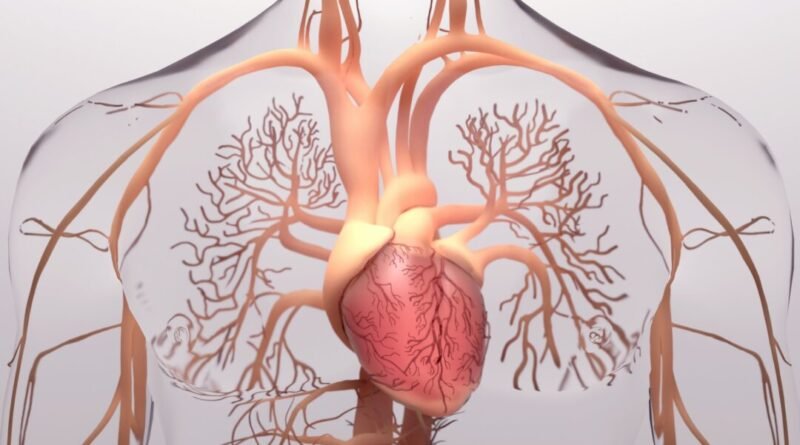Adopting a Diet Free of Certain Foods Can Improve Pulmonary Hypertension Therapy
A study recently published in Cell Metabolism suggests that dietary intervention could provide a new approach to treating pulmonary hypertension, in addition to traditional treatments like medication and lung transplantation.
Dr. Stephen Chan, the lead researcher at the University of Pittsburgh School of Medicine’s Vascular Medicine Institute, stated that this dietary maneuver could potentially be a groundbreaking treatment for the disease.
Understanding Pulmonary Hypertension
Pulmonary hypertension is characterized by high blood pressure in the arteries supplying the lungs with oxygen-depleted blood from the heart. Symptoms include chest pain, shortness of breath, and swelling in the lower extremities, with potentially life-threatening consequences over time.
Unraveling the Mystery
Prior to this study, the underlying reasons for the abnormal behavior of blood vessels in the lungs were unknown. Researchers discovered that the excessive vascular stiffening seen in pulmonary hypertension is attributed to the high metabolism of serine and glutamine amino acids in lung blood vessels.
The study, involving researchers from the University of Pittsburgh and the Université Côte d’Azur in France, used rodents and human lung tissue to show that these amino acids play a crucial role in the progression of pulmonary hypertension by contributing to the synthesis of collagen, a protein crucial for structural support in the body.
Limiting the uptake of serine and glutamine through drugs or dietary changes prevented the overproduction of collagen in hypertensive lung blood vessels, leading to improvements in the condition. This highlights the potential of incorporating dietary interventions alongside traditional treatments for better disease management.
Considerations and Future Research
While the findings are promising, further research is needed to determine the optimal levels of amino acid restriction to achieve therapeutic benefits. Dr. Chan highlighted the importance of balancing the potential benefits of dietary interventions with the essential roles these amino acids play in various bodily functions.
The study raises questions about potential applications of dietary interventions in related cardiovascular disorders and underscores the need for continued exploration in this area.



